The tragic case of a Guinean migrant's suicide in Italy highlights the poor conditions in the country's migrant detention centers (CPRs). After overcoming many hurdles to reach Europe, Ousmane Sylla eventually lost the will to live.
"May I rest in peace" — these were the final words that 21-year-old Ousmane Sylla scribbled on the wall of a courtyard at the Ponte Galeria migrant detention and deportation center (CPR) near Rome before ending his own life.
"I miss my Africa very much and my mother too," his finally message to the world continued. "If I die, I'd like my body to be sent back to Africa. My mother will be happy."
If I die, I'd like my body to be sent back to Africa. My mother will be happy.
Sylla's final wish could, however, only be fulfilled two months after his death and only with the help of crowdfunding from local activists; his body was eventually flown from Rome to Conakry in a metal coffin on April 8, where he was buried the next day.
Left in despair and squalor
Sylla died on February 4, with details about his prolonged suffering only beginning to surface. The young migrant had made it to Europe, surviving unimaginable hardship along the way, but in the end his situation become too difficult to bear.
Human rights advocates say his death highlights the squalid conditions inside Italy's CPR migrant detention facilities, which many refer to as jails.
Activists have denounced and documented a lack of adequate health services, overprescription of psychiatric drugs to keep detainees sedated, and limited access to lawyers and relatives at these facilities.
However, despite widespread condemnation, Italy's far-right government, led by Premier Giorgia Meloni, has vowed to build more such centers across the country, which they hope will serve as a deterrent.
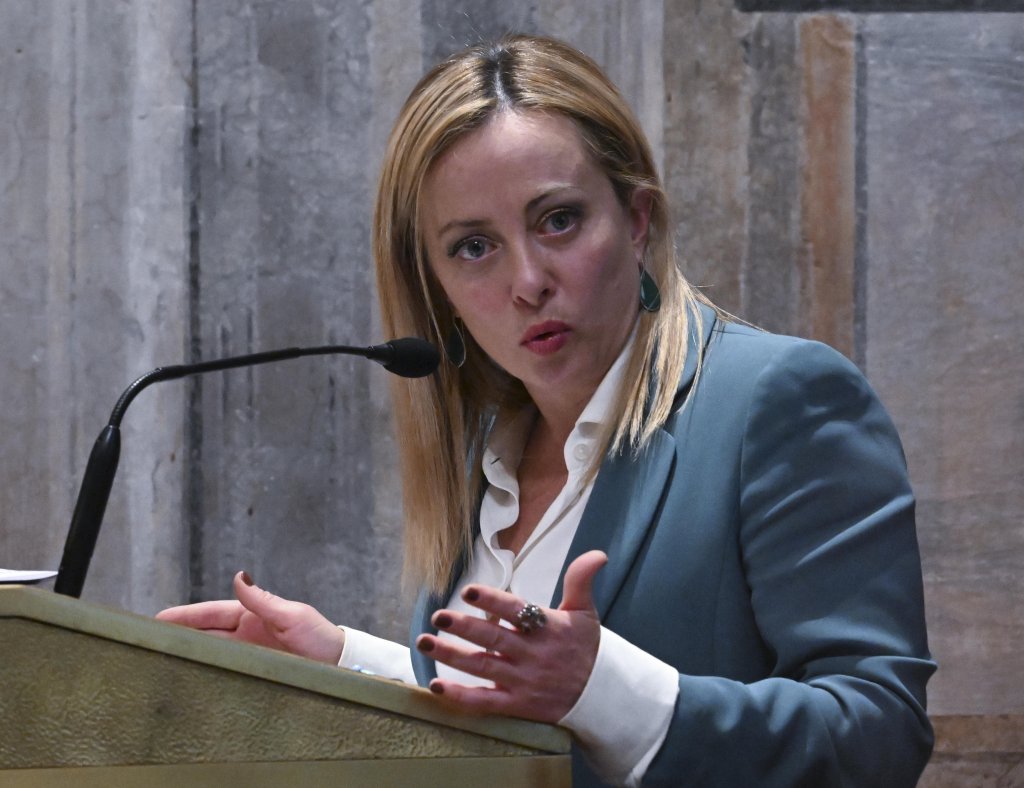
In a video posted last year, Meloni told would-be migrants: "(I)f you enter Italy illegally you will be detained and repatriated."
Earlier this year, the Italian government also extended the maximum time that foreigners can be detained at such facilities from 90 days to 18 months.
Italy currently has 10 such migrant detention centers operating across the country.
Also read: Administrative detention: A form of unlawful violence against migrants
A dangerous journey across the desert and sea
Sylla had arrived in Italy in 2023 after an arduous journey for over a year from Guinea.
He crossed the Saharan Desert through Mali, Algeria and Tunisia, working small jobs to pay smugglers along the way.
Eventually, he managed to get on a rickety migrant boat in Tunisia to cross to Europe. After nearly drowning in the Mediterranean Sea, Sylla finally reached the Italian island of Lampedusa on July 29, 2023.
However, this is where the hardest part of his journey would begin.
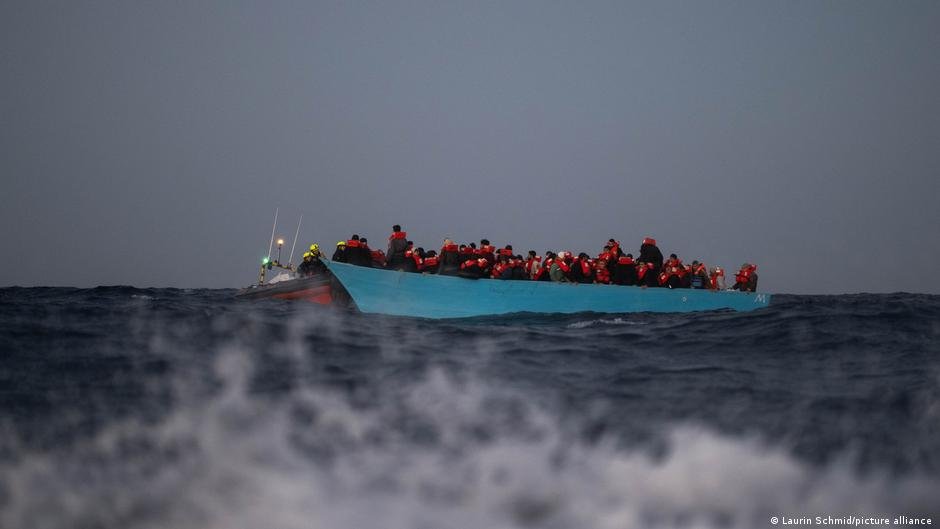
Violence at underage facility
Sylla was trying to join his older brother, who lives in France. But he failed to cross that border and was turned back by French authorities.
In the hope of improving his chances, he told authorities he was a minor.
It is unclear whether this was his own idea or whether the smugglers who had transported him there had advised him to make such false claims.
As a result, Sylla was sent much farther away from the French border, all the way to the south of Italy to a center for underage migrants in the town of Cassino.
There, he was repeatedly beaten up by other migrants "and felt unsafe," a report by the Associated Press (AP) said.
"According to witnesses working at the center, the facility lacked basic services such as proper clothing, psychological support and translators. Food deliveries, pocket money and mobile data cards were scarce, creating tensions among the young residents," the report continued.
Transfer to deportation detention center
The center was eventually shut down for lack of proper staff at the facility and amid serious allegations of mismanagement.
At around the same time, Sylla approached a local counsellor, Laura Borraccio, to explain just how unsafe and unhappy he was.
"He lifted his shirt and actually had some bruises," Borraccio told AFP. "I asked him what those bruises were and he replied that they had been from daily arguments that happened within the center."
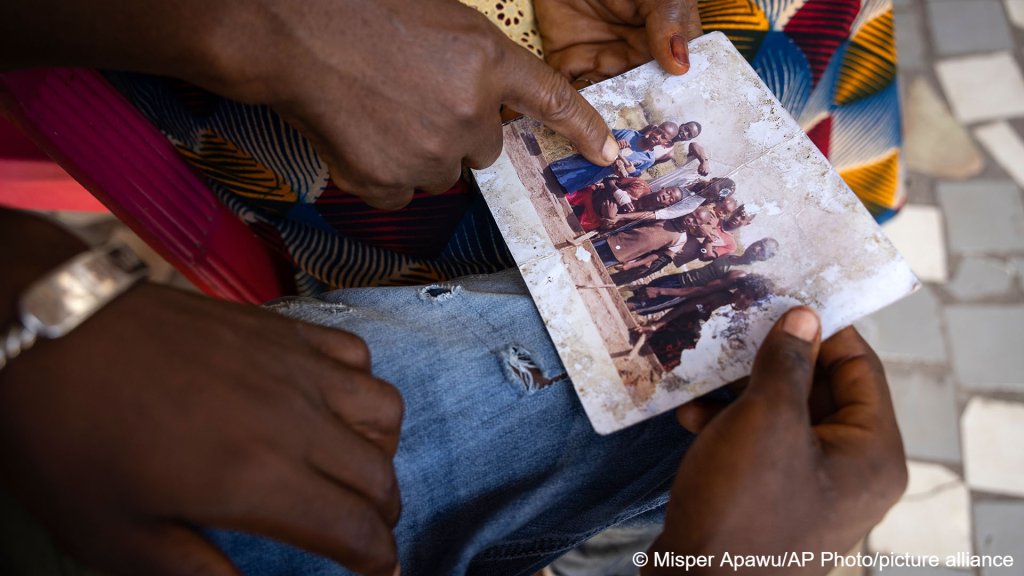
In order to escape the situation, Sylla eventually admitted that he was not a minor, and that he was desperate to be transferred to anywhere else.
Borraccio tried to intervene and help, but with Italy increasingly clamping down on migrants without papers who make false allegations, lying about his age automatically qualified the 21-year-old for deportation.
On October 13, he received a deportation order, which meant he would eventually be expelled from the country. This resulted in his being sent to a detention and deportation center (CPR) in Trapani, and later to the one in Rome, where he would spend his final days.
Also read: Italy: Migrantes and Caritas oppose new CPR migrant detention center
Psychological evaluation dismissed by judge
Giuseppe Caradonna, a lawyer who tried to assist Sylla once he was transferred to the CPR, said that a psychologist flagged mental health problems at around this time.
Caradonna applied for a transfer upon that evaluation, saying Sylla's mental and physical condition made him unfit for detention, and that he required adequate medical and psychological attention.
In that application, Caradonna said that Sylla continued "to maintain a conduct that is completely incompatible with the conditions of the center, probably due to mental disorders resulting from traumatic experiences to the point of putting him at serious risk."
The document included the psychologist's report, which described Sylla as aggressive, both against workers at the CPR and against other detainees.
However, authorities disregarded the idea that he could turn this aggression upon himself, denying the transfer request and extending his detention for three more months at the beginning of this year.
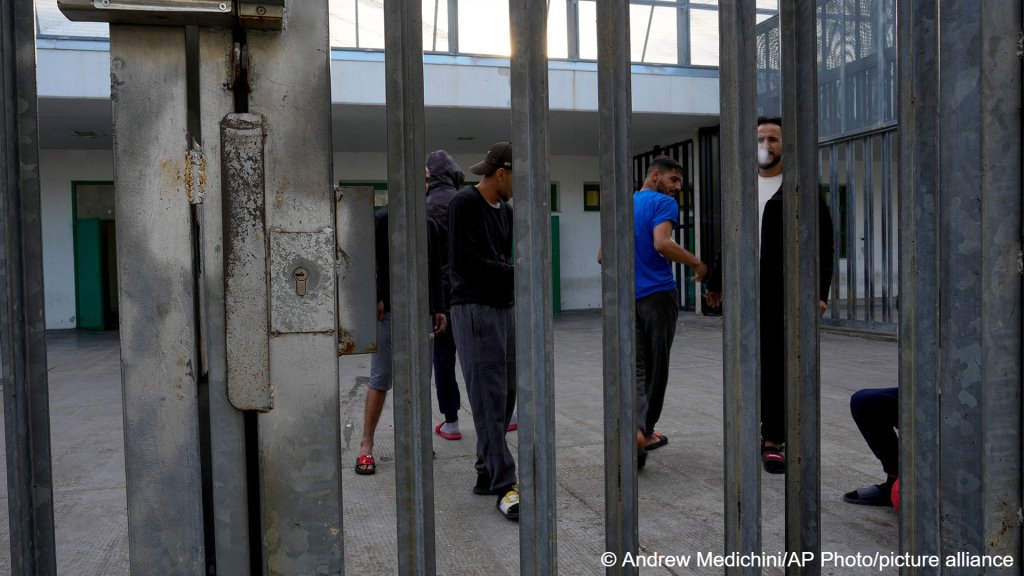
Final days
Sylla was sent from Trapani to the facility outside Rome, after riots broke out at the former facility.
He was reportedly handed his medical file to pass on to the staff at the new detention center, however, that center refused to comment on what happened and on what care he may or may not have received while he was there.
A few days after arriving at Ponte Galeria, he took his own life; Sylla's death sent shockwaves throughout the facility he was being held in.
Other migrants set mattresses on fire and destroyed parts of the property. They reportedly lashed out in violence at security staff working at the facility.
The events resulted in the arrest of 13 people.
Compounding the tragedy of Sylla's death is that he had expressed a wish to be able to return home. At the same time, as Guinea has no repatriation agreement with Italy, he could not be deported to his country.
No justice for Ousmane Sylla
Back in Guinea, Sylla's family learned of his suicide through a Facebook post 10 days after he had died.
His mother Mariam Bangoura told AP she felt betrayed by this lack of access to information: "My child was suffering and I didn't know," she said.
His family said that Sylla had never shown any signs that he was mentally unwell, blaming his death on the lack of care and attention he received at the various migrant facilities in Italy.
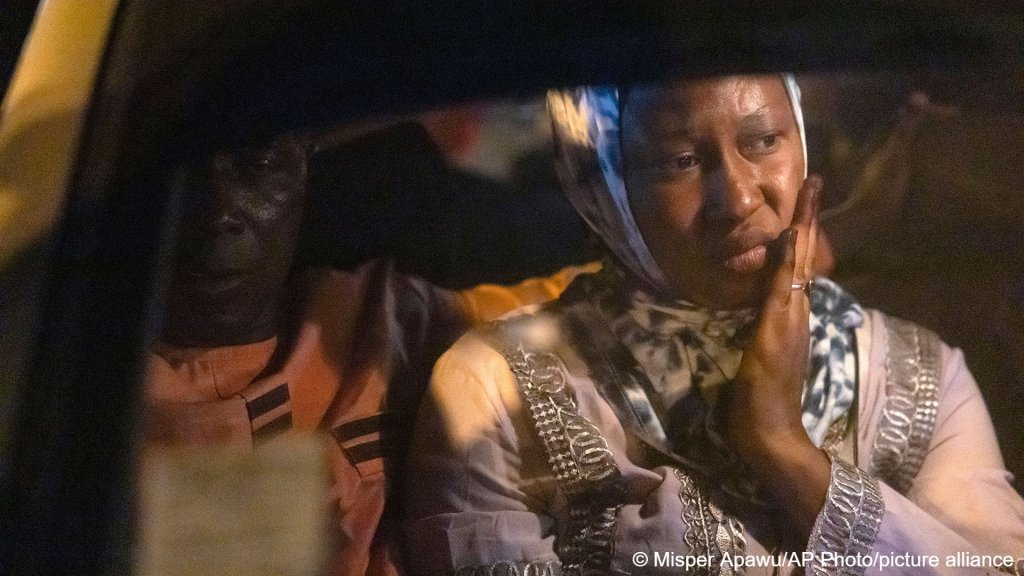
His sister, Mariama Sylla, said: "We were never informed he was in a detention center. Never. He had the right at least to call his family and tell us."
"(T)hey abandoned him like he's not a human being," Mariama told AP after his funeral.
She vowed the family would fight for justice with the help of an Italian lawyer, but so far, there have been no indictments.
We were never informed he was in a detention center
In the past five years, 13 people have died inside Italy's CPR detention centers — five of them were confirmed to be cases of suicide.
Meanwhile, hundreds of suicide attempts and self-harm episodes have also been documented.
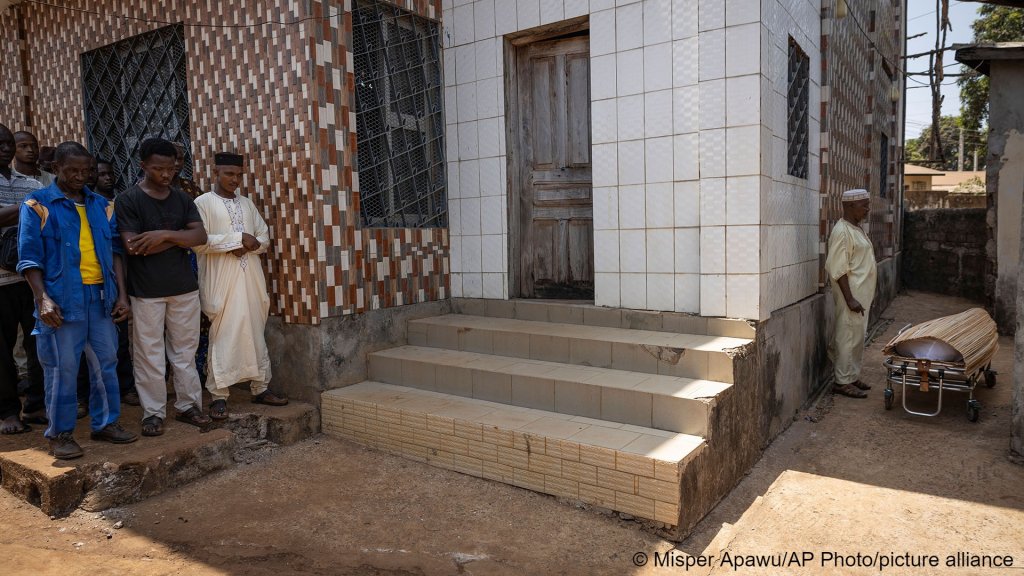
Also read: Terms and acronyms that asylum seekers need to know in Italy
with AP
